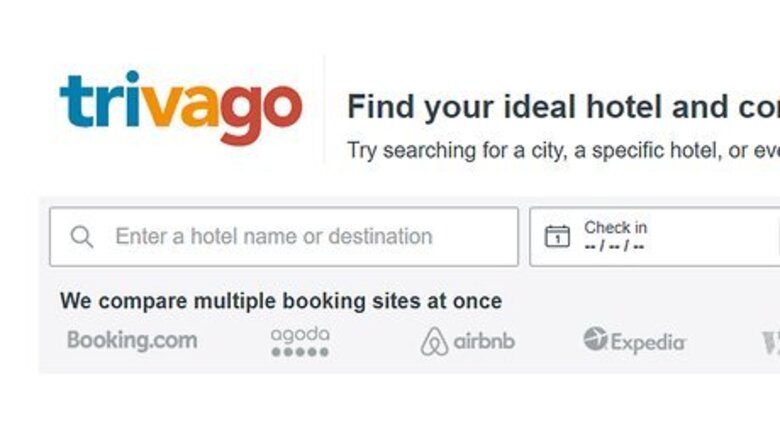
views
Acquainting Yourself with Your Hotel

Check it out online. Before committing yourself to a reservation, check out the hotel online, where you can see rooms, location, lists of amenities and more. If you cannot use the internet, then give them a call and ask them questions about the hotel's location, noise level, walking distance to restaurants, etc.

Make note of the hotel's cancellation policy. Sometimes the unexpected happens, so make sure you are okay with the hotel's cancellation policy, and keep track of what it costs. Some hotels and hostels are really bare bones, and you might have to bring things like drinkable water and your own linens, so be prepared.
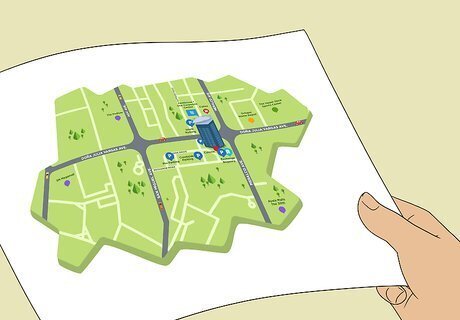
Bring a map. Print a map of your hotel's location so that you can find your way in an unfamiliar place. It's a good idea to bring both a zoomed in map and a zoomed out map with your arrival location marked. Decide ahead of time if you will take a taxi, rent a car, or use public transportation from your arrival location to your hotel. If you are driving a car, make sure to locate accessible parking ahead of time for your vehicle, and note the cost and location in your planning. Also, bring a map. If you are taking a taxi, particularly as a tourist abroad, make sure you know approximately how much the journey from your arrival location to your destination should be, so you won't get swindled.
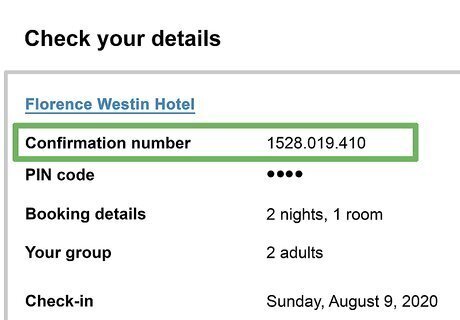
Ask for your confirmation number when booking your reservation over the phone or save it from the hotel's website. There is no reason to confirm your reservation if you have a valid booking number. However, just be sure that when you made your reservation you made it for the correct dates. Remind the front desk of what, if any, special requests you have made, (i.e. conjoining rooms, (non)-smoking rooms, quiet rooms, a crib, etc.). **Again, this should be done at the time of booking the reservation. Just be sure that when your reservation is made you add the comments/requests. Often times guest reservations will be booked through a third-party or other travel agency (including if your travel manager books through your companies CRS channel) and the comments might never get added correctly. Confirming your reservation ahead of time prevents day-of-arrival mistakes on the hotel's part, and covers you if they do mess something up. Then you can negotiate an upgrade with a clear conscience!
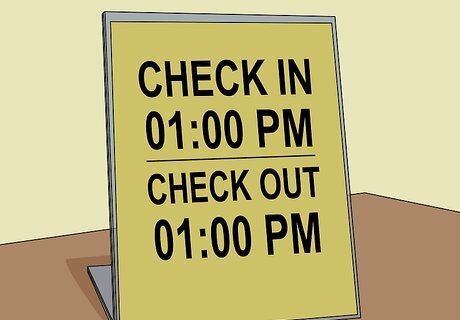
Know the hotel's check-in time. Nearly all hotels, and especially smaller hotels, have a specific check-in time. If you have a large gap of time between your arrival and the hotel's check-in time, call ahead and ask very politely if you can check-in early, or at least drop your bags. Then, you can go explore and check out the area! If you are checking in very late, particularly at a small hotel without a 24-hour concierge, it may be necessary to communicate your arrival time to the concierge in order to make arrangements to receive you.
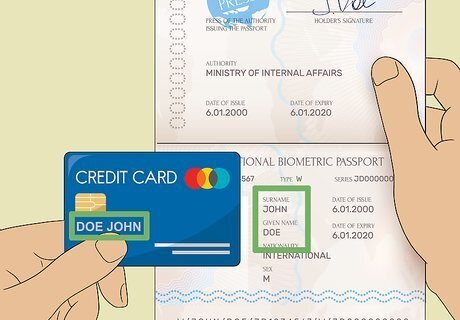
Make sure the name on your identification, credit cards and passport match. Mismatching names can make it difficult or impossible to check in.
Checking Into Your Hotel

Go to reception. The front desk of a hotel is called Reception, and this is where you will officially check-in.
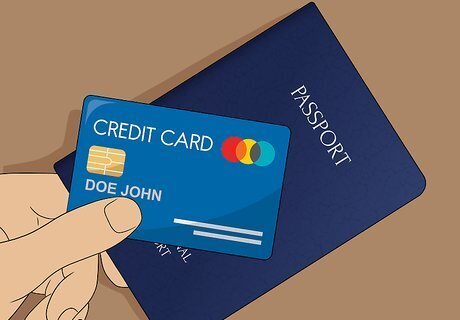
Have your identification, reservation confirmation, and form of payment (preferably a credit card with lots of room on it) at hand. This can include your driver license, passport, and one or more credit cards. If you are staying abroad, the concierge will usually either copy the front page of your passport, or keep your passport for the duration of your stay. A print out of your reservation confirmation can be useful, particularly if you secured a special rate or promotion. If you do not have a reservation, be prepared to be turned away if the hotel has no vacancies. Ask the concierge for suggestions for alternate hotels. Most hotels will place a hold of the full amount of your stay plus a percentage as incidentals per day, so it's best to not give them your debit card.

Take note of hotel amenities. Make sure to note the location and time of breakfast, internet access and passwords, office work areas, lounges, bars, restaurants, gym and spa facilities and the like, to make your stay more comfortable.

Ask questions. Reception and/or the concierge can provide you with a map and with recommendations about where to go and what to do nearby.

Get the key(s). Many keys are electronic today, but some hotels still have old-school metal keys, sometimes necessary to run the electricity of your room. Take note if you are expected to leave the key at the front desk, which can be standard procedure if there is only one.

Tip your bellboy. If the bellboy brings up your luggage, be sure to tip them for their trouble. Sometimes the journey involves a nice trolley and elevator; at others, the bellboy literally has to haul your luggage up numerous flights of stairs. Tip accordingly!

Inspect your room. Before you unpack and get comfortable, check and make sure that everything in your room is as promised, that it's stocked and that there are no foul odors or stains on the bed (bedbugs), etc. Check for cleanliness, sufficient bathroom linens and supplies. Check the closet for extra blankets and pillows. If you are displeased with your room's location, scent, or noise-level, politely request to be relocated. Hotels will often comply if possible. If they cannot place you in a similar room, ask if they will upgrade you to a nicer room or a room with a view.
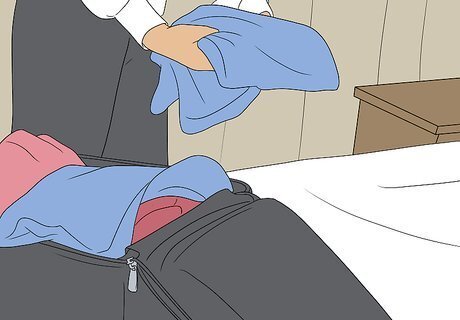
Unpack and make yourself at home! Relax and unpack, take a shower, and get ready for the next thing!



















Comments
0 comment